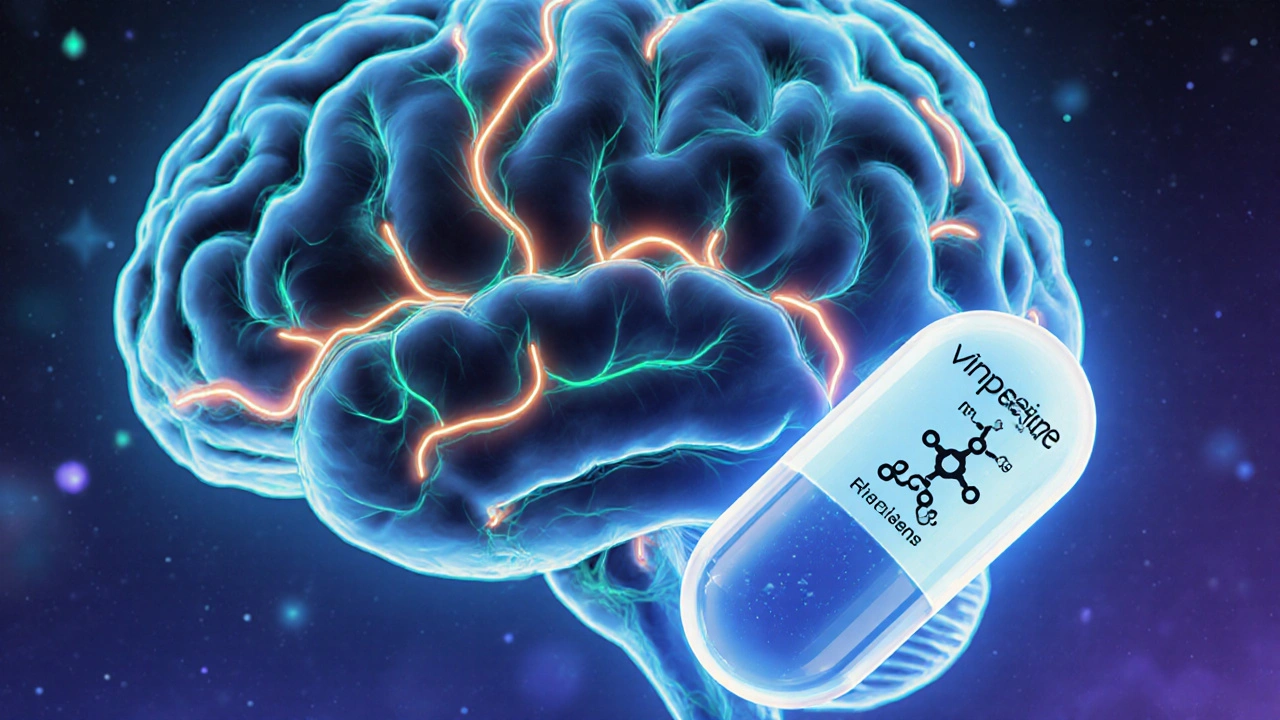Depression: Understanding Symptoms, Treatments, and How Medications Like SSRIs Affect You
When someone says they have depression, a common mental health condition marked by persistent sadness, loss of interest, and physical symptoms like fatigue or sleep changes. Also known as major depressive disorder, it’s not just feeling down—it’s a medical issue that affects how your brain functions, how you think, and how you move through daily life. Millions live with it quietly, often because of stigma or confusion about what it really is. You’re not weak for feeling this way. You’re not broken. You’re dealing with a real chemical imbalance, often made worse by stress, genetics, or even the medications meant to help.
One of the most common treatments is SSRIs, a class of antidepressants that increase serotonin levels in the brain to improve mood. Also known as selective serotonin reuptake inhibitors, they include drugs like sertraline, fluoxetine, and escitalopram. But here’s the thing: SSRIs don’t work the same for everyone. For some, they lift the fog. For others, they bring a strange side effect called emotional blunting, a numbness where joy, sadness, and even anger feel dull or distant. It’s not rare. Studies show up to half of people on SSRIs report it. And it’s not talked about enough. If you’re on an SSRI and feel like you’re watching your life through glass, you’re not imagining it. There are ways to fix it—dose changes, switching meds, or adding therapy—but you need to know it’s an option.
Depression doesn’t live in isolation. It’s tied to how you sleep, what you eat, whether you move your body, and even how your gut behaves. That’s why posts here cover more than just pills. You’ll find guides on how depression connects to gut health, why stigma keeps people silent, and how changing your routine can help as much as changing your medication. You’ll see real talk about what SSRIs do to your emotions, how to spot when they’re not working, and what alternatives exist when they don’t fit. No fluff. No jargon. Just what you need to understand your own mind better—and know you’re not alone.
What follows isn’t just a list of articles. It’s a toolkit—built from real experiences, backed by science, and written for people who are tired of being told to "just cheer up." Whether you’re struggling with your own depression, supporting someone who is, or just trying to understand how these medications really work, you’ll find something here that speaks directly to your situation.
Vinpocetine for Depression & Anxiety: Natural Mood‑Boosting Nootropic
Explore how vinpocetine works as a natural mood booster, its evidence for depression and anxiety, safe dosing, side effects, and how it compares to other supplements.

